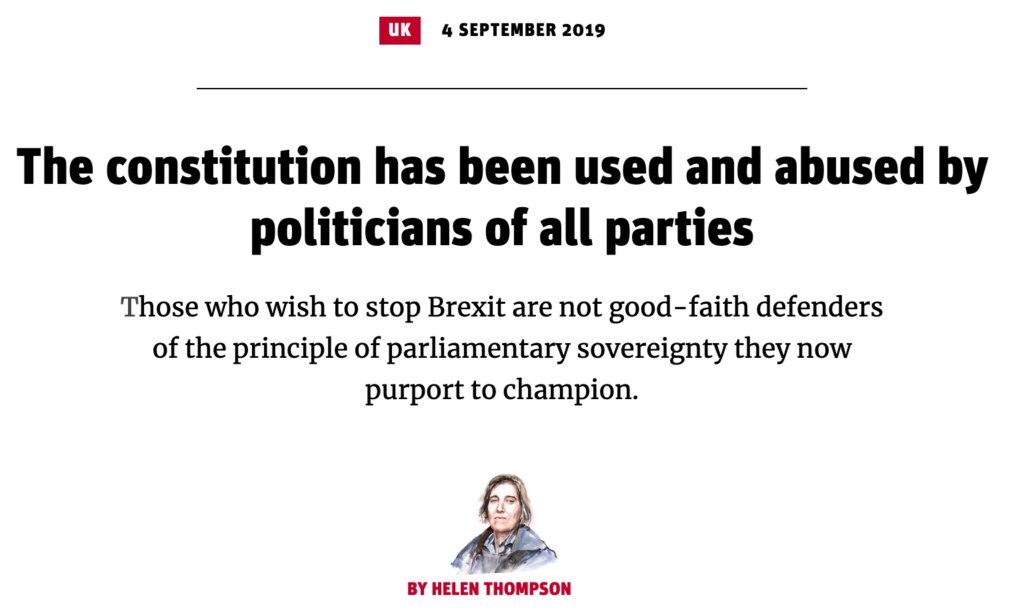I’ve thought for a long time that the best way to regard Harvard is as a hedge fund with a nice university attached. This perspective has been powerfully reinforced by the revelations emerging from an ongoing legal hearing on the extent to which Harvard operates discrimination against Asian Americans (relative to whites) and the extent of racial preferences in the university’s admissions. More generally, it turns out that the data provided in the lawsuit has revealed how preferences operate for other distinct applicant groups, including those in a group labelled ALDC where
- A stands for recruited athletes
- L stands for legacies
- D those on the “dean’s interest list”; and
- C children of faculty and staff
I’ve just been reading a fascinating analysis of these data published in an intriguing paper by Peter Arcidiacono of Duke university, Josh Kinsler (University of Georgia) and Tyler Ransom (University of Oaklahoma). Their aim is to provide a detailed analysis of Harvard ALDC applicants and their admissions outcomes relative to their non-ALDC peers.
Harvard is famously difficult to get into — at least for some kids. The admissions rate for those who will start there in 2023 is 4.5%. Another way of putting that is that 95.5% of applications are unsuccessful. So it’s hard to get in. But it seems that it’s not so hard for everyone, notably those in the ALDC group. While those applicants go through the full committee process with all other applicants, the researchers found that they are given special treatment in that their applications are closely monitored throughout the vetting cycle by the admissions dean, admissions director, athletic coaches, and others. And often ALDC applications are annotated in specific ways to aid in the monitoring process. As a group, for example, ALDCs are “about 20 times more likely to interview with a member of the admissions office”.
So who are these ALDCs?
Athletes: While Harvard does not offer athletic scholarships, “each of its 42 sports teams has a liaison that moderates contact throughout the admissions process between the admissions office and that team’s coach. Additionally, the admissions office sets aside a certain number of staff interview slots for athletes only, which can occur outside of the time frame for which staff interviews are made available to the general public”. So athletes get special treatment.
Legacies: These are are strictly children (but not other relatives) of alumni. The vetting procedures specify that these files “should be read by the Admissions Dean “following the normal reading process if the decision might require special handling or if another reading might be helpful”.
Dean’s Interest List: Here we get to the really interesting stuff. The researchers found no mention of the Admissions Dean’s or Admissions Director’s interest lists in the vetting procedures, but one of the documents unsealed in Court provides some detail about the handling of such applications. First, members of this list receive an additional rating which is separate from the profile ratings and which is tied to the applicant’s (or the family of the applicant’s) donation history and future donation prospects. [Emphasis added.] “When subcommittees discuss applicants on this list, the admissions dean may preemptively join the meeting to discuss members of this list, or may have individually discussed the applicant with the subcommittee chair beforehand… A similar process applies for the Admissions Director’s interest list”.
Children of Faculty or Staff: The reading procedures stipulate that these applications “should be sent to the Admissions Dean after the normal reading process has been completed.”
Analysis of how the ALDCs get on shows that they are admitted at substantially higher rates than non-ALDC applicants. Athletes seem to do particularly well with an admission rate of 86% (i.e.they are “over 14 times as likely to be admitted as those that are not recruited athletes”). Although recruited athletes are less than 1% of the applicant pool, they make up over 10% of the admitted class.
Legacy applicants (surprise, surprise) do pretty well. Their admission rate was 33.6%, which is 5.7 times higher than the admission rate for non-legacy applicants. “Legacies are the largest of the ALDCs”, the researchers write, “both in terms of number of applicants as well as number of admits, and make up 14% of the admitted class”.
Those on the Dean’s List, also do well — 42.7% of them were admitted. Ditto for Children of Faculty and Staff, 46.7% of whom got in.
In a way, these numbers merely confirm what sceptics have long suspected. The formula for getting into Harvard is really pretty straightforward. You need to be:
-
an outstanding athlete (the Winklevoss twins for example)
-
a child of an alumnus a relative of someone who has donated to Harvard in the past (or is judged likely to make a donation in future), or
-
a child of someone who works at Harvard.
In other words, a member of the elite.


